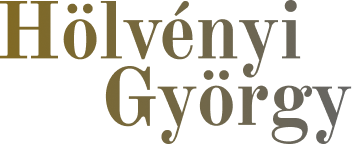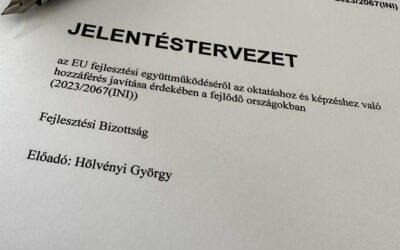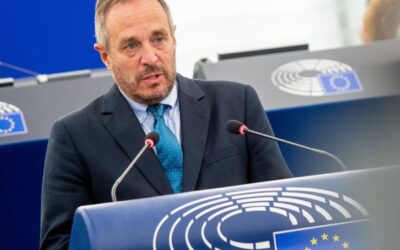The programme of the French Presidency was presented at Tuesday’s meeting of the European Parliament’s Committee on Development (DEVE). The programme was presented by Minister Delegate Jean-Baptiste Lemoyne. In his speech, MEP György Hölvényi, the EPP Group Coordinator in the Committee on Development, welcomed the ambitious objectives of the Presidency and stressed the importance of continuing the initiatives launched during the Slovenian Presidency.
n his speech, the Christian Democrat Member stressed that “the growing water scarcity in Africa has serious consequences for the continent’s food supply, security and migration”. He added: “The Slovenian Presidency has done a lot to ensure that the water issue is given a high profile in the EU’s external actions, and there should be no difference under the new French Presidency.”
MEP György Hölvényi also stressed the importance of keeping education and protection of cultural heritage high on the agenda. On the latter, the European Council adopted conclusions on a Hungarian initiative last year, stating that there is a need to allocate EU external funding to cultural heritage protection in EU partner countries.
Responding to the questions raised on behalf of the French presidency, Mr Lemoyne said: “Education is a priority in their work plan because it is a key element in combating migration, as well as creating jobs. He said that the Presidency is planing to take further steps in the field of protection of cultural heritage.



